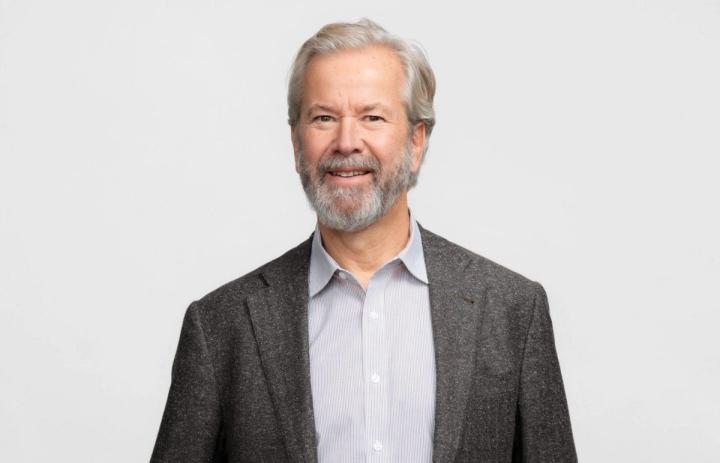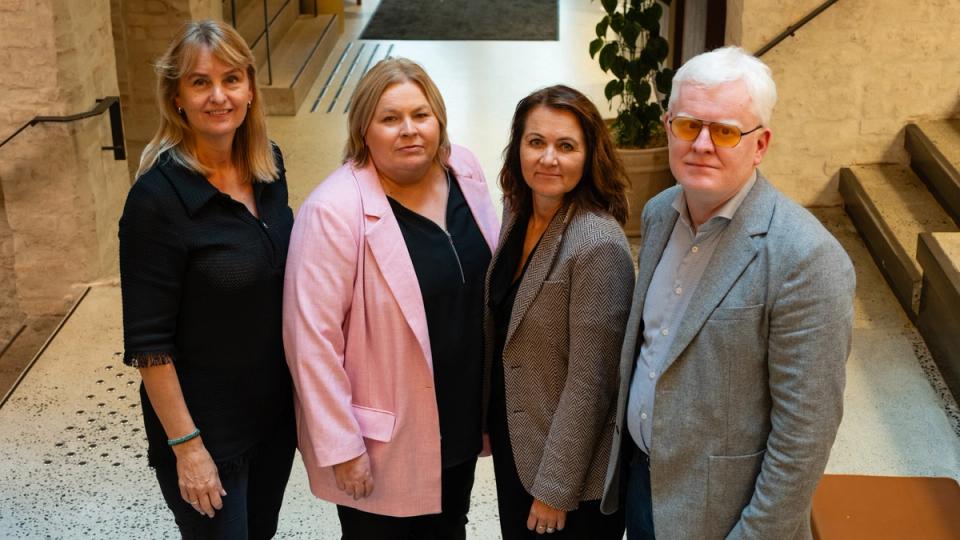18. mai 2016
An Outsider Perspective on Media

A world where nobody can afford local journalists to scrutinize people in power is a world with weaker democracy. Who […]
A world where nobody can afford local journalists to scrutinize people in power is a world with weaker democracy.
Who told the first story ever? Why was that story told? Was it an argument to get comrades to follow into the woods, exploring some new possibility for food? Was it a story of boasting of a win over an enemy, or was the first story ever told a lie, to avoid punishment of some kind?
Obviously, we will never know. But what we do know is that storytelling is wired into our species, just as much as the drive to explore and understand ourselves and our world. We simply can’t help it. Another thing that’s deeply rooted in human society (if not by evolution) is to trade valuable services and goods. These two facts explain why there will always be money to be made in media and journalism. We’ll always be prepared to pay for what we love. And as long as human evolution moves slower than technology, any business in media can trust the fact that humans need stories, love heroes and use narratives to co-create identity and meaning. We will not, however, pay for the same experience or even packaging as before. Not in entertainment, and not in news.
Although hardly rational, as consumers we are not nostalgic. We value convenience, and will make extra effort only for things we are particularly picky about — out of love, financial limitations or pride. In a digital world, our expectations are set on zero friction, explaining why those who managed to move into mobile and social as well as use tools to personalize feeds have been successful lately. Personal data enables tech giants to adjust and filter the information flood with regard to behavior, preferences and soon even emotional state. Consumers are not simply immoral or naïve in playing along. In a world where the total amount of available information already doubles every year, and soon will double every 12 hours1, most people trade personal data for convenience. It’s a rational thing to do when facing an information tsunami. Consumers will continue to demand ever better relevance and timing as information expands and algorithms and tools become more sophisticated.
So just as before the internet, we’re balancing paying for what we want and love with our actual need for saving time or money. But who we turn to when looking for the stories we need is changing. Consumers have quickly become more globalized than we tend to acknowledge. People who used to seem far away now seem close by. For instance, it’s perfectly normal for my daughter living in Stockholm to trade directly with small business owners in China through Etsy. It’s even more natural for any Swede today to turn to The Economist or Vice for a stream of relevant news stories and opinion pieces. For people in a Nordic country, where most are fluent in English, a lot of news is now a global commodity. Considering that a nation of 10 million people equals a normal city from a global perspective, even national news media will likely struggle to remain a relevant choice for anything but local (where national is local!) stories. The bundling of news doesn’t work the way it used to. Because apart from local news, why should one turn to a local source to keep updated about anything? International news is globalized, and regardless of whether one has a thing for finance, music, tech or fishing, lifestyle content sources are globalized too. Any publisher is judged by its ability to produce relevant content and package zero-friction experiences. Business models trying to bundle content based on geography rather than personality, while failing to offer zero-friction experiences, fail to attract paying customers. That’s a crisis for many companies today. As a consumer and global citizen, however, I now have access to more quality journalism than ever before. That’s a good thing.
So there is no crisis for media or even journalism per se. But we may still be in trouble, because there is one for local journalism. It’s difficult to deny that democracy will suffer in a global game of winner-takes-it-all. A world where nobody can afford local journalists to scrutinize people in power is a world with weaker democracy. And we know that filter bubbles grow when algorithms decide that some people are best served by anti-vaccine web sites when searching for answers on certain diseases. The discussion on how to tackle such problems needs to continue. My hope is that it can be done in a way where we see technology and humans working side by side, striving to build both economic and social values.
One way is to acknowledge that open data is infrastructure in a digital world, and that it should be used to benefit local journalism. Scandinavian countries have a long history of openly sharing information, and right now we should be using it to our advantage. We should make sure much more information is available in a structured and easily accessible way to those scrutinizing decisions made by people in power. For instance, information about transactions and decisions from city councils and other authorities should be published as open data. The possibility of cross-referencing transaction information with information about who sits in what board or corporate management would lower barriers to holding people in power responsible. Information that used to require hours of phone calls, reviewing documents, and attending meetings to listen in on decisions being made by publicly elected officials could be done at a much lower cost. Machines could analyze the data, identify anomalies and allow journalists to cover bigger ground in discovering malpractice, corruption and perhaps even patterns never seen before.
Would that mean substituting journalists with machines? No. Machines still have a long way to go until they can do the storytelling that is required to capture an audience. It’s a matter of working together. We recently observed the excellent collaboration between journalistic teams and high-tech teams at Neo4j on the Panama Papers story, where quality journalism was enabled by algorithms that detected patterns in the huge amounts of data, while leaving it up to the journalists to do the analysis and storytelling based on that data. Local journalism can benefit from doing something similar but more deliberate, through making relevant data openly available. Lowering cost and barriers by using technological enablers such as open data may be equally important to the future of local journalism as any publicly funded press support. Alongside new teams and companies exploring viable business models such as the Swedish Blank Spot Project, and Vice providing stories from Ukraine and Libya to a global audience, we could see an increase in small but highly competent teams covering bigger ground in respect to local journalism, if given the tools to make most fundamental scrutiny easier.
Geography of the planet no longer dictates hegemony. Reach and relevance of individuals and organizations to a globally widespread audience does. Rather than trying to oppose this fact, we should embrace it, and consider this a massive opportunity to strengthen democratic values across the planet and increase collaboration across real and imagined borders. In our collaborations, we need to excel at running with the machines that are changing the landscape. So let’s continue to acknowledge our opportunities to do so. Empowering local journalism through open data for local scrutiny of public officials should be a sign of any strong democracy.
Scandinavian countries have a long history of openly sharing information, and right now we should be using it to our advantage.



